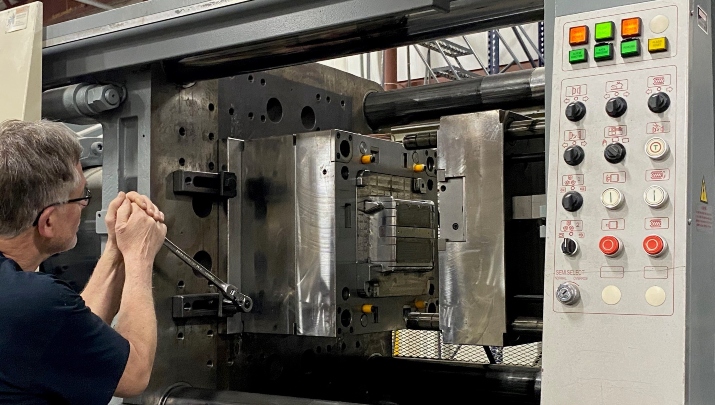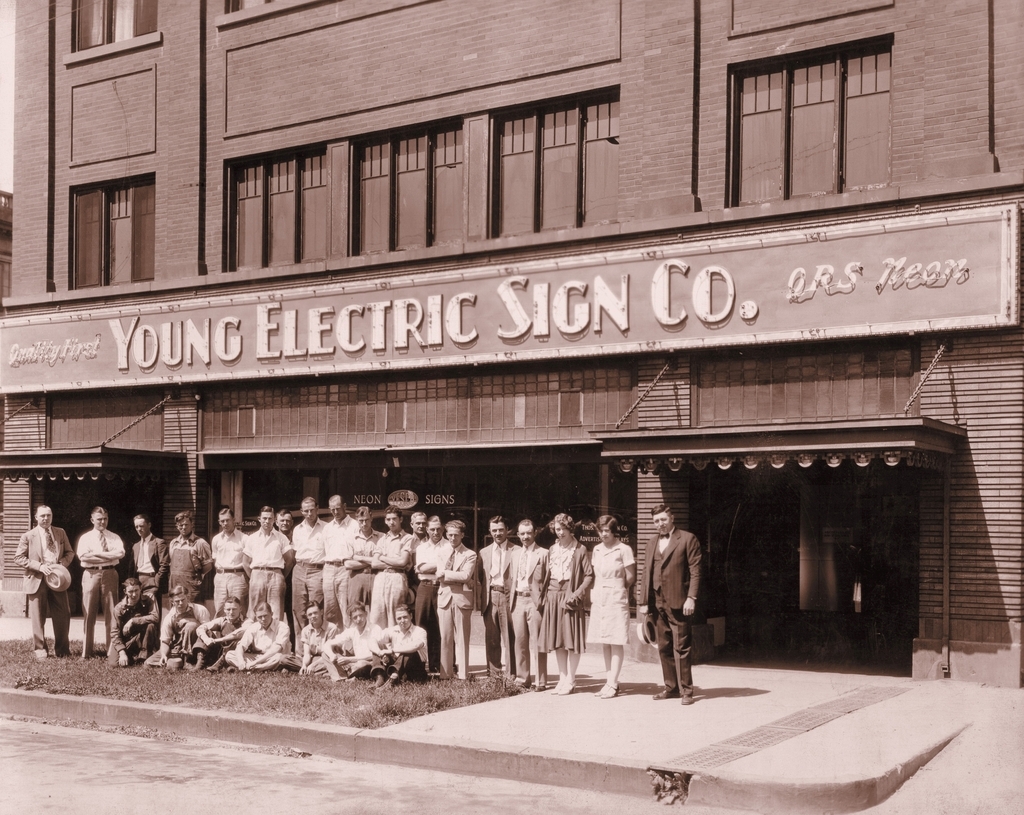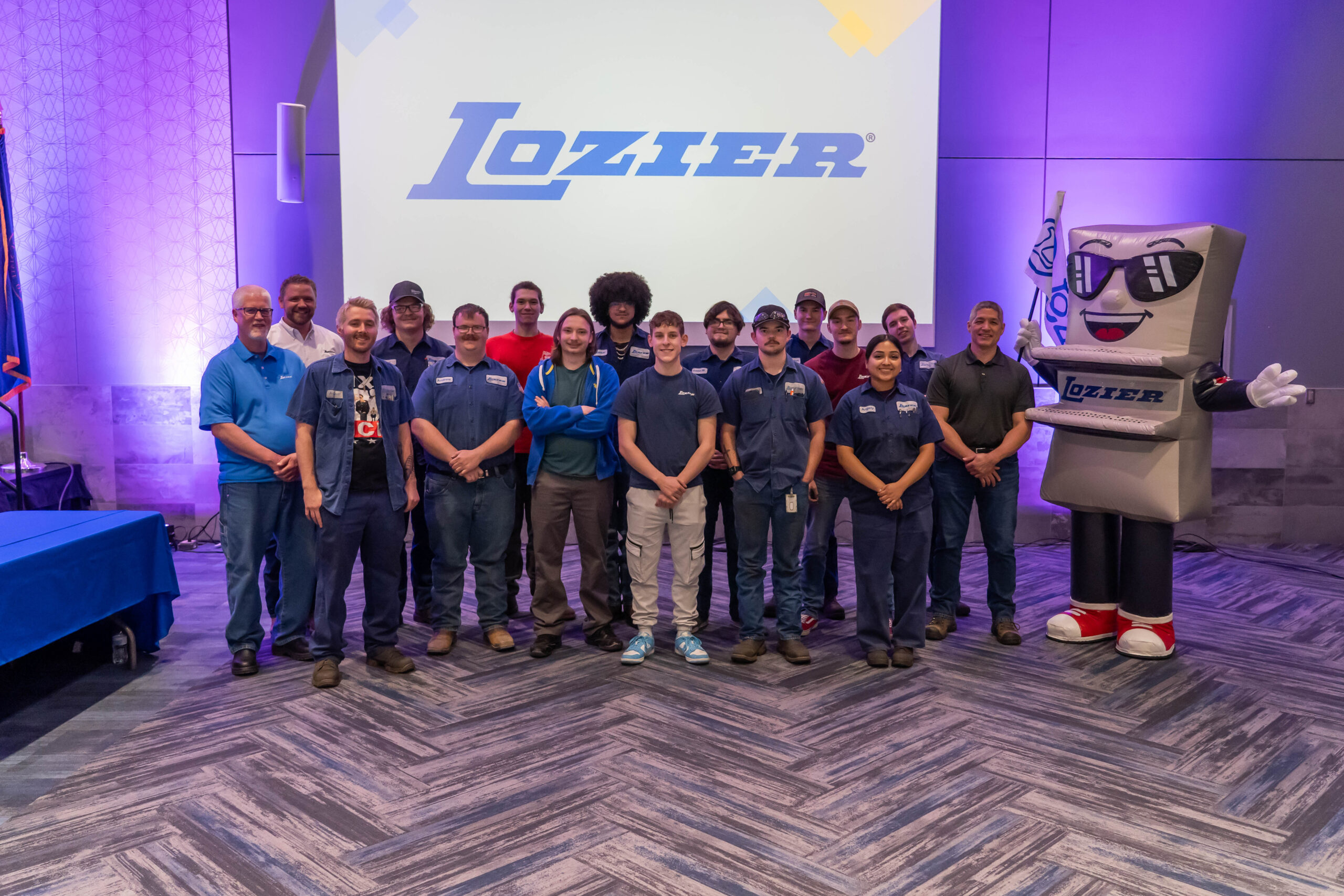
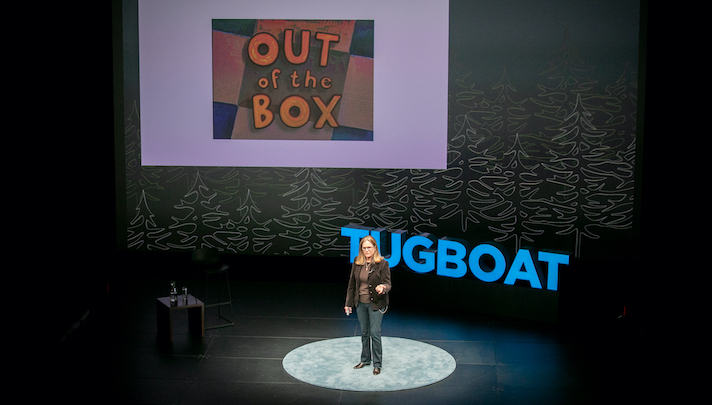
Virtual Gathering, Real Learning and Connection
- Diana Price
- Tugboat Institute
In the last 12 months, we have all had to redefine what it means to “gather.” Among families, friends, and professional circles, the reality of this pandemic year has led us to adapt and innovate new experiences and opportunities to connect.
The value of making an effort to come together in spite of continued barriers to in-person experiences was clear last week as Evergreen® leaders and executive teams connected virtually for the second annual Tugboat Institute Gathering of Teams. The fresh perspective, affirmation of shared values, and energy generated from time spent in community with like-minded peers made for an impactful event.
The experience launched on Tuesday, February 2, when 275 members, executives, and family members from 57 companies across 17 industries around the U.S., the UK, and Canada logged on and settled in to listen, learn, and engage. Over three half-days of programming, attendees viewed live and pre-recorded TED-style talks, participated in breakout sessions and speaker dialogues, and gathered in functional role groups to work through challenges and opportunities and explore best practices.
On the first day, attendees heard from four Evergreen CEOs who shared personal experiences and key learnings on the following topics: allowing talented, less-experienced team members to lead opportunistic innovation during stressful periods; redefining customer service excellence; becoming an effective manager and leader; and, making decisions and moving forward together without a playbook in times of uncertainty.
In the final presentation of the day, former Herman Miller executive and Hope College management professor Vicki TenHaken spoke on the topic of business longevity, sharing highlights of her research into companies that endure beyond 100 years.
The second day of the experience was devoted to virtual functional role workshops, during which attendees gathered with Evergreen peers to discuss central themes with their entire group. Later, each group broke into smaller, more intimate breakouts, allowing each participant to share a key issue or opportunity and to learn from their peers’ experiences and wisdom on that topic.
Innovation was a clear through line in several of the presentations on day three, when attendees gathered for a second series of five TED-style talks. One Evergreen CEO described practices developed in his 135-year-old company to foster continuous improvement and prioritize diversity of thought, including intentional efforts to attract team members with varied professional backgrounds. Another CEO shared the primacy of deep work at her 20-year-old, fully-remote firm and the People First operations that have been developed in support—including a four-day work week.
Michael Horn, Co-founder of the Clayton Christensen Institute for Disruptive Innovation, offered a provocative idea in his talk: Silicon Valley is touted as the hub of innovation, with almost all its companies referring to themselves as “disruptive.” But Evergreen companies, operating with an “impatient for profit, patient for growth” mentality and generational planning horizons, are actually poised to be the engine for future “market-creating” disruptive innovations. Michael emphasized that while these innovations can take a long time to germinate from initial non-consumption to mass-market consumption, the benefit to society and these innovators is that these particular innovations lead to a far greater number of jobs than either of Clayton Christensen’s two other innovation types.
In the final two presentations, attendees gained insight into soon-to-be published research focused on the experiences and influences of the next generation of Evergreen employees—Gen Z—by Roberta Katz, JD, PhD, Senior Research Scholar, Center for Advanced Study in the Behavioral Sciences at Stanford University, and were offered insights into the successful storytelling process of respected script writer and film producer Allyn Stewart, Managing Partner of Flashlight Films.
Following final speaker dialogue sessions, attendees signed off the virtual experience, sharing messages of gratitude with their peers as they left the experience and promising to continue the conversation. As we head toward the hopeful possibility of in-person gatherings in the year ahead, we do so with gratitude for all we’ve learned about the ongoing commitment of Evergreen leaders and teams to overcome barriers to continue to listen, learn, and connect.
Diana Price is Senior Writer and Editor at Tugboat Institute.
More Articles and Videos
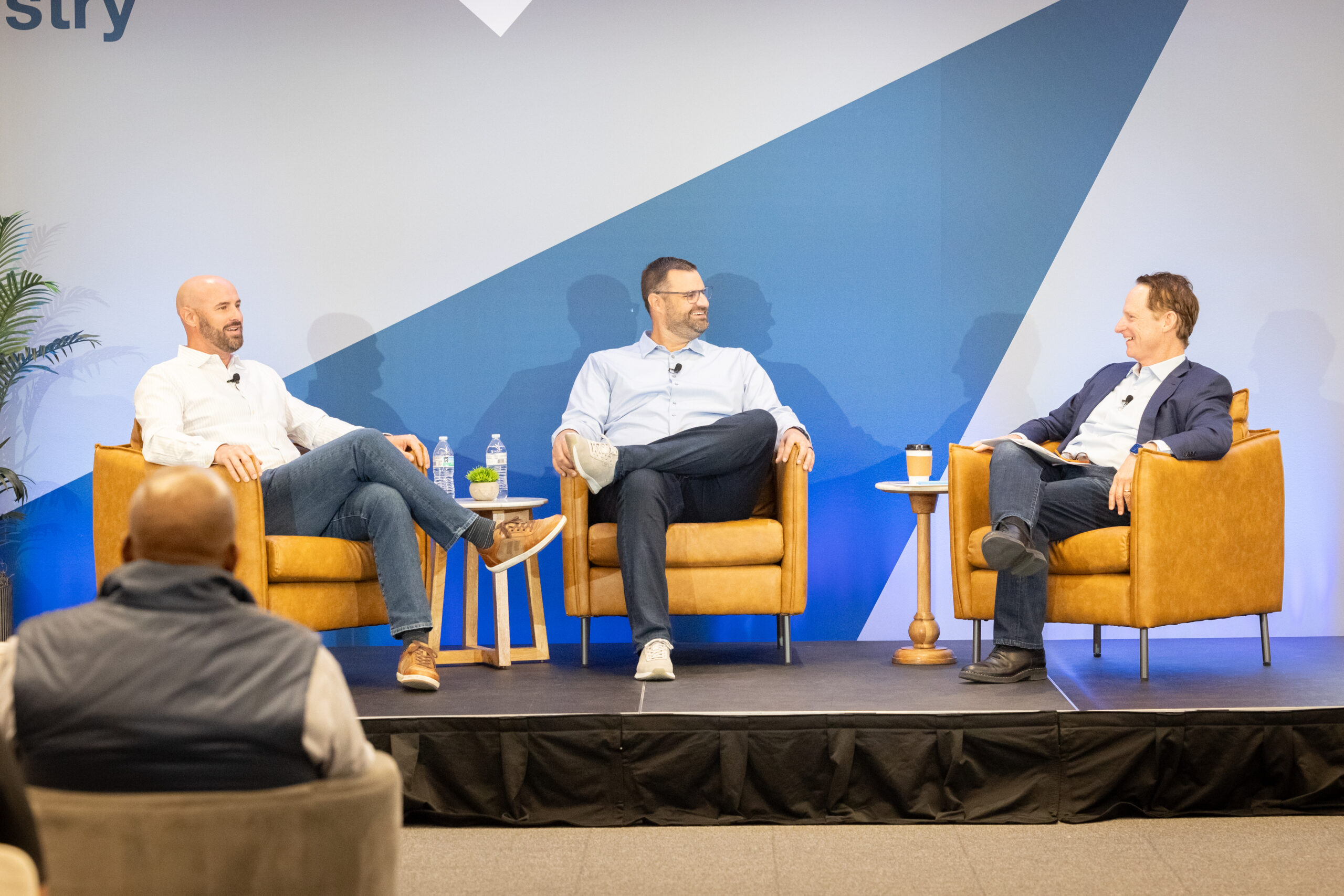
Fireside Chat with Dave Thrasher, Dan Thrasher, and Dave Whorton
- Dave Thrasher, Dan Thrasher, & Dave Whorton
- Supportworks and Thrasher Group

Get Evergreen insight and wisdom delivered to your inbox every week
By signing up, you understand and agree that we will store, process and manage your personal information according to our Privacy Policy
